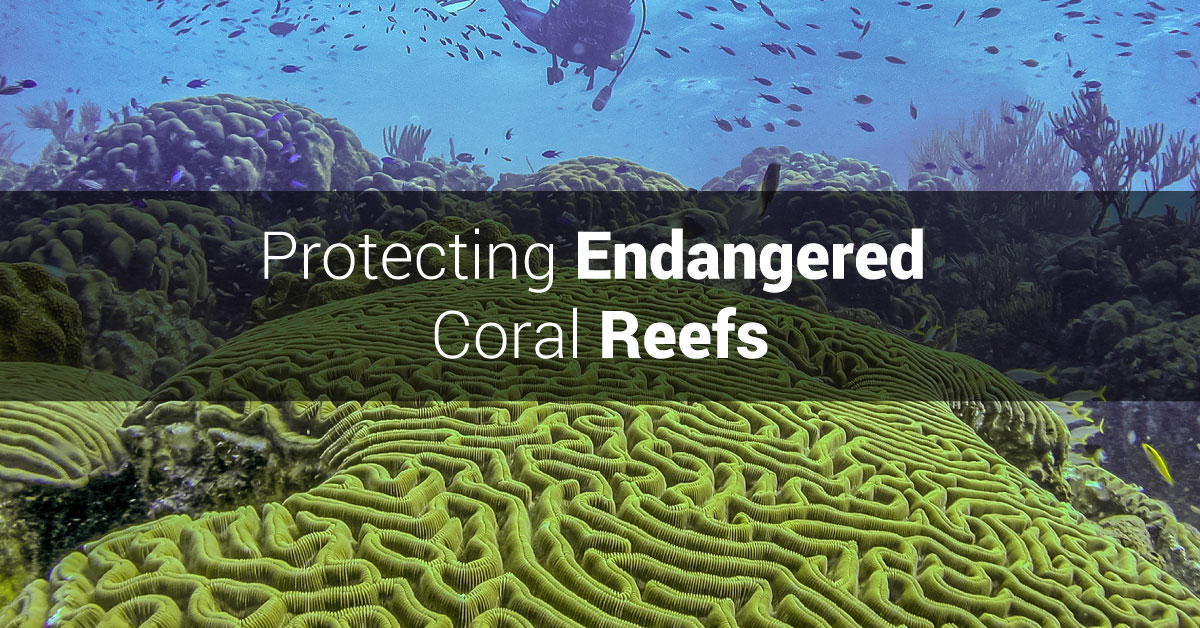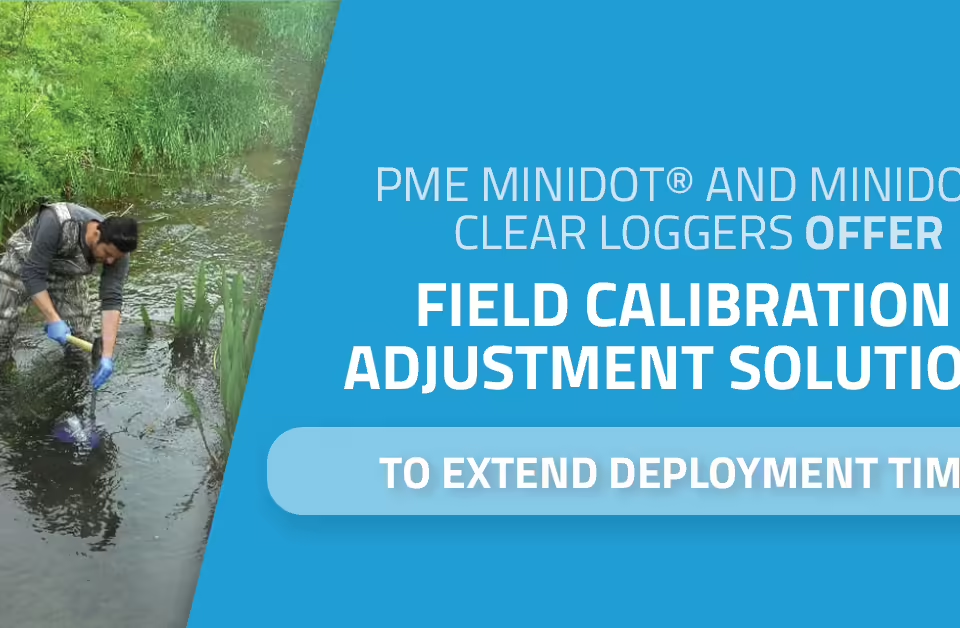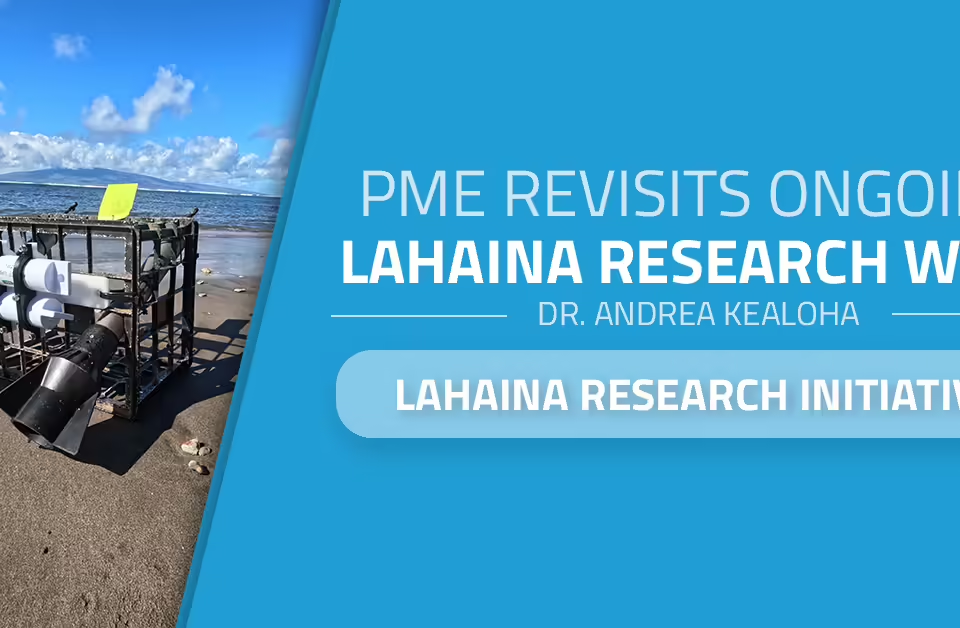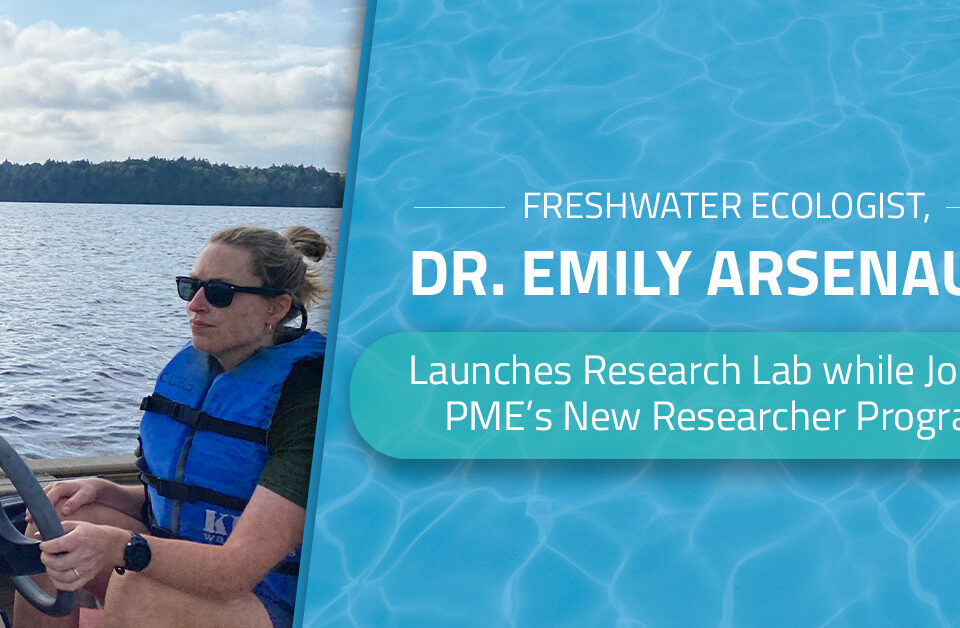
City of Vista Recognizes PME CEO Kristin Elliott
November 25, 2019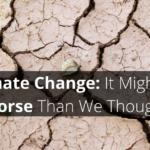
Climate Change: It Might Be Worse Than We Thought
March 2, 2020Coral reefs are the source of multiple important benefits—to humans, animals, oceans, and the entire planet. Occupying less than 1% of all ocean spaces, reefs provide habitat for a full 25% of all marine species. Fish, mollusks, worms, crustaceans, echinoderms, sponges, and other marine animals all thrive in healthy reef habitats, which provide those species with important nutrients as well as protection from strong waves and currents.
Reefs exist exclusively in shallow, coastal waters, where they also protect nearby land and land-dwellers (including humans) from strong waves and currents. Many human coastal habitations would be endangered or even impossible without the protection provided by healthy reefs.
Tourists flock to healthy reefs for the beauty and biodiversity they offer. In many places, reef tourism comprises a large segment of the local economy.
Many commercial fisheries are also reef-dependent as humans feed themselves from the rich concentration of sea life found around coral reefs.
Sometimes called ‘nature’s filtration system’, reefs are home to corals and sponges which consume impurities and particulates from the ocean, creating clearer, cleaner water in the near-shore environment and beyond.
Finally, coral reefs provide the extremely important yet less visible function of regulating the amount of carbon dioxide in the water.
What We Should Do for Reefs
Unfortunately, reefs are as fragile as they are beautiful and, at present, desperately in need of protection. The tourism and recreational activities created by a healthy reef can quickly turn into damaging overuse. Commercial fishing, done correctly and in sustainable amounts, can be compatible with healthy reefs but too often overfishing and bad practices cause harm. Reefs are often overfished due to their productivity as well as their proximity to human habitation. Improperly dropped anchors and other sloppy fishing practices can cause severe damage. There is clearly a role for smart, science-based regulation of reef-based activities.
In 1998, the President of the United States created the Coral Reef Early Warning System (CREWS) to protect and conserve the world’s coral reefs. The National Oceanic and Atmospheric Administration (NOAA) has its own Coral Reef Conservation Program (CRCP) which enlists broad, interdisciplinary expertise from across NOAA to help understand the problems and potential solutions surrounding coral reefs. Other organizations, public and private, are pitching in.
The solution begins with efficient monitoring. Temperature, salinity, dissolved oxygen levels and other metrics, watched closely, can give important clues about reef health and help inform regulatory decisions. Dissolved oxygen levels, in particular, can be important. One recent researcher found ‘the ubiquitous role of oxygen is the key to understanding reefs’.
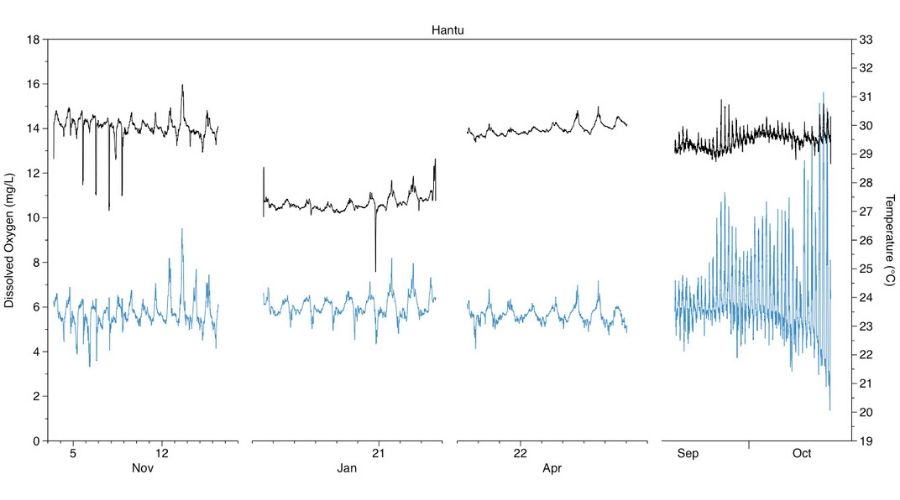
PME is proud to have its miniDOT® Logger, which measures dissolved oxygen levels as well as temperature, playing an important role in research being conducted on coral reefs off the coast of Singapore.
There were once over 60 islands and patch reefs around Singapore, mostly just south of the country’s mainland. In the 1970s, land reclamation projects began which resulted in the merging of many of these islands and the smothering and destruction of many of their surrounding reefs. Since 1986, most of the islands around Singapore have lost approximately 65% of their reefs. The research being conducted now offers hope that healthy, existing reefs can be protected, and damaged reefs revitalized.
What You Can Do
If you don’t work in tourism or commercial fishing, or live near a reef or even an ocean, you can still do your part to help conserve this valuable resource. Here’s how:
- Protect your local watershed. Oceans are downstream of contaminants, including garbage, fecal matter, lawn fertilizer, and automotive and agricultural products. When contaminants are released, even into landlocked bodies of water, they will negatively impact the health of oceans.
- Conserve water. The less water you use, the less runoff and wastewater will eventually find its way back to the ocean.
- If you dive, don’t touch. If you visit a coral reef, marvel at its richness, beauty, and biodiversity but don’t take any of it home. Leave the coral and its inhabitants as undisturbed as possible.
Coral reefs are one of the true wonders of the world. They give us food, protect our shores and homes, clean our water, and show us more wildlife and beauty than any other environment on earth. Protecting them secures all these benefits for generations to come.
For more information on the miniDOT® Logger and other PME products, visit the PME website.



